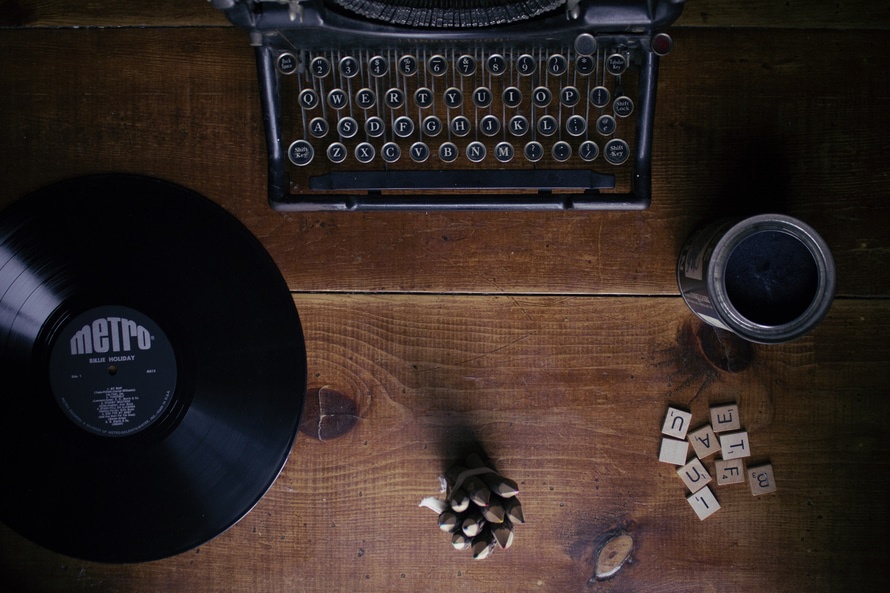International Literacy Day! What students read?
FOR STUDENTS
If you are reading this article, you are a really wealthy person, almost a billionaire. It may sound a little bit strange, but it is true. In this particular moment you are richer more than 750 million people all over the world who do not have basic reading, writing and arithmetic skills. So what are you feeling now when you know that the opportunity to open and read any book, magazine or newspaper, write message to your friend or just count is beyond the reach for more people than live in the European Union or twice bigger than the USA population?

This seems absurd, but in today’s highly developed and progressive world illiteracy still remains on a par with such global challenges as climate change, gender equal, poverty, overpopulation and shortage of food and water. Illiteracy or low literacy is the key factor that impacts almost all social issues, as the lack of general knowledge and information about this or that question causes the most devastating effects. An illiterate person becomes isolated, because he or she has no effective ways of communication with the environment; but what may happen when it is not a single person, but a group of people or even some ethnic groups.

The essential fact is the next: literacy influences not only the outside world in general, but also it affects the development of the human body, including the mental processes. Mental health is equally important as the physical health; higher mental activity is the result of evolution, thanks to it human differs from animals. If we are talking about literacy, the extremely relevant cognitive process is reading, as it allows acquiring language, communicating and sharing information. Reading development is the key to effective exchange of information among all people on our planet. Modern people have a huge amount of sources to read, it includes newspapers, magazines, posts in social networks, comics and so on, but there is an eternal source – the book. I hope you agree that the book is the best way for everyone to get and share some knowledge with others. Ralph Waldo Emerson once said: “If we encounter a man of rare intellect, we should ask him what books he reads.”
We share his opinion, and moreover we want to describe what role reading plays in the lives of students for whom it is crucial to obtain the knowledge that can be practically used in their future activities. To show how reading books is highly valued we should mention the point that many well-known colleges and university recommend some lists of books to their students to get them interested and inspired.

In particular, we offer to view what Ivy League students are assigned to read, and lift the veil on what forms the outlook of students of the most famous educational institutions in the world. It is the following: “The Republic”, “The Clash of Civilizations”, “The Elements of Style”, “Leviathan”, “The Prince”, “Democracy in America”, “A Theory of Justice”, “Letter from a Birmingham Jail”, “On Liberty” and “The Evolution of Cooperation”. This choice may surprise a little bit, but nevertheless, it is not random. Christopher Ingraham, The Washington Post reporter, compared it with the most frequently assigned books at other U.S. colleges and universities and concluded that 4 of 10 books are common (“The Republic”, “The Elements of Style”, “Leviathan”, “The Prince”). Other most frequently-assignment books are “Campbell Biology”, “The Communist Manifesto”, “Ethics”, “Oedipus”, and “Frankenstein”. As we see all these books are weighty and highly appreciated by scholars.


